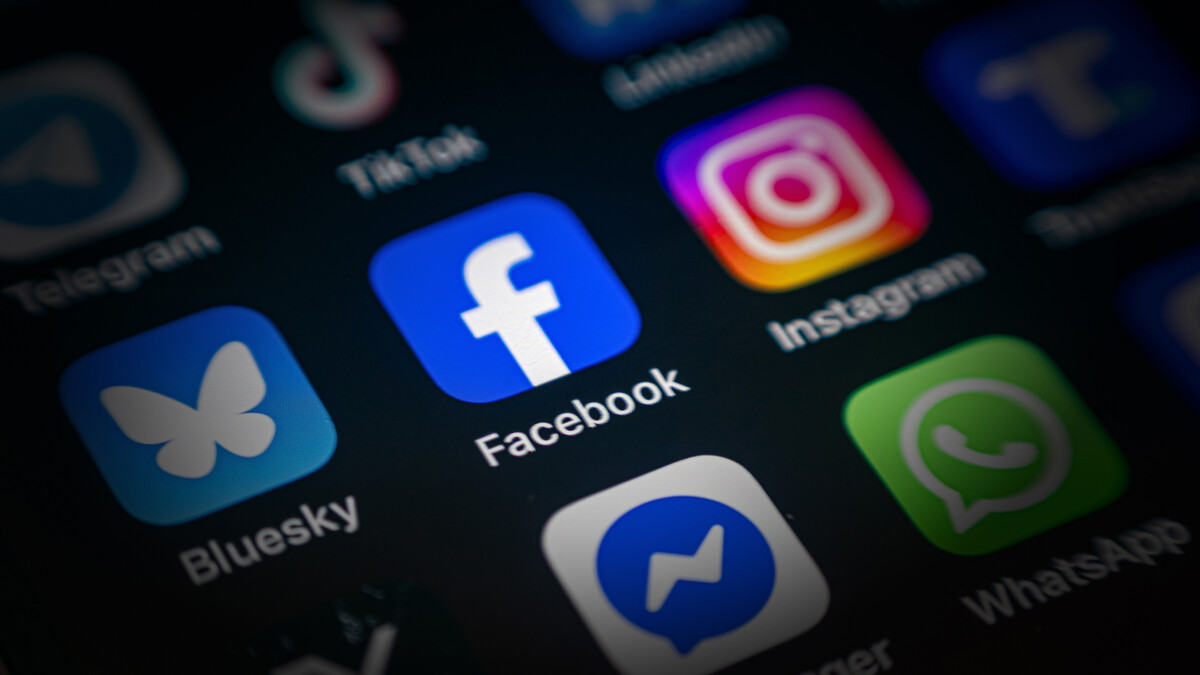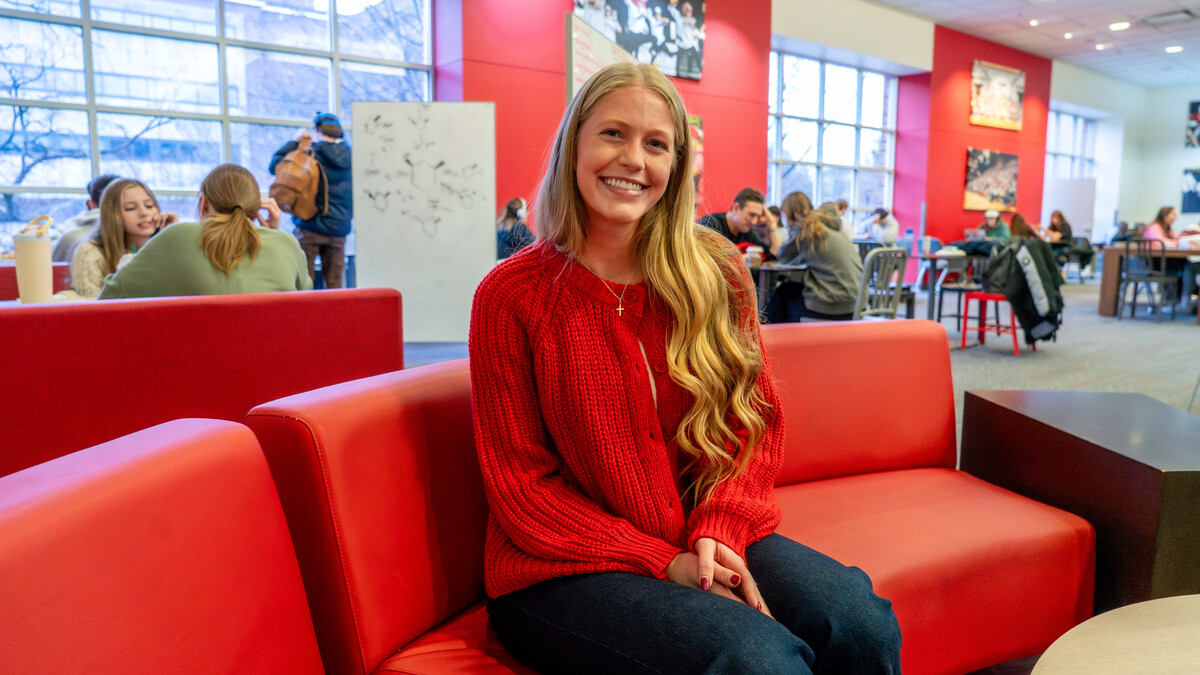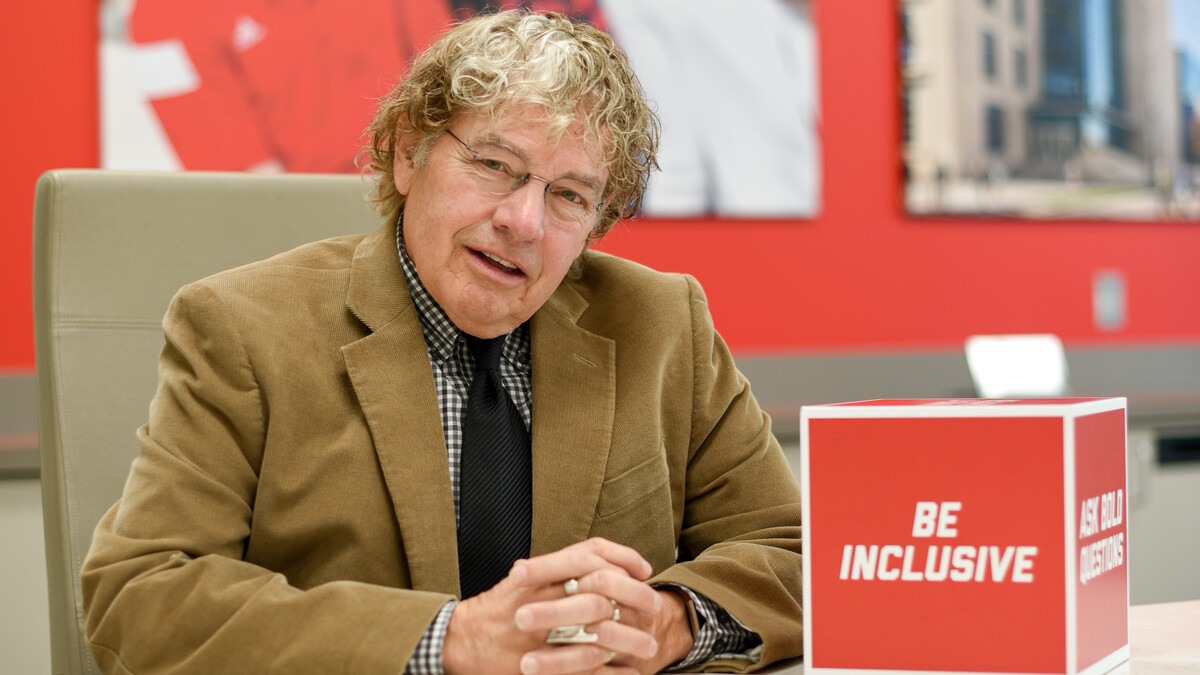
The Leahy-Smith America Invents Act, passed in 2011, was the most comprehensive change to intellectual property laws in more than 60 years.
In late 2013 or early 2014, Congress is expected to debate and pass a second round of patent reform, designed to rein in so-called “patent trolls” — entities that misuse patents as a business strategy, often by attempting to collect licensing fees based upon vaguely worded patents.
Christal Sheppard, an assistant professor at the University Nebraska College of Law, was intimately involved with patent reform legislation in 2011, when she served as chief counsel on patents and trademarks for the U.S. House of Representatives.
With a dramatic increase in computer software patents in recent decades, the United States also is seeing an unprecedented number of patent lawsuits. According to the Washington Post, more than 5,000 firms were named as defendants in patent troll lawsuits in 2011, at a cost of more than $29 billion out of pocket.
Sheppard said she agrees that patent trolls need to be stopped, though she has reservations about some provisions contained in the bill awaiting debate by the House of Representatives.
The Senate also likely will take action soon after the House. President Obama has made patent reform a priority and is expected to sign legislation that reaches his desk.
As it’s currently drafted, Sheppard said, the patent legislation treats symptoms and not the underlying causes.
“The biggest problem is there are too many patents and they’re too ambiguously written,” she said. “If they attacked it on that end, we’d be better off because there wouldn’t be all those patents out there of questionable value.”
Sheppard, who co-founded a program of concentrated study in intellectual property law, also offered these thoughts:
— Don’t throw the baby out with the bath water. “I’m sympathetic to the problems they’re trying to solve, but … (the House bill) weakens patent rights for both patent trolls and for those who have legitimate patents they want to protect. It probably hurts small businesses and inventors more than it hurts bigger companies.”
— “Fee shifting” provisions, to allow the winning party to recover legal expenses, could backfire. Intended to encourage those facing spurious patent infringement claims to defend themselves in court, fee shifting “could have a chilling effect on people with meritorious claims, because they could be liable for so much more in the attorneys’ fees being racked up.”
— Allowing parent companies to be joined in patent lawsuits could have unintended consequences. “Transparency is fantastic, but if they pierce the corporate veil to get to parent companies, they’ve eviscerated business law so that companies cannot protect themselves.”
— Of Nebraska Attorney General Jon Bruning, who has made national headlines for his battle against patent trolls, Sheppard said he’s “trying to find another way to deal with it. The problem is, he can’t. It’s a matter of federal jurisdiction.” Sheppard also doubts the Federal Trade Commission has jurisdiction to resolve the matter.
— Sheppard did not join more than 60 law professors who signed a letter in support of the pending legislation.
“The problem is, that while some of the provisions are well meaning, there’s a lot of work that needs to be done. Supporting a bill in this form, to me, seems problematic … the bill seems to be too broad at this juncture.”
— She expects significant changes before the proposal passes.
“It’s going to get better and better as it goes. They’re open to suggestions for improving the bill. It will be changed and it will be less problematic.”








